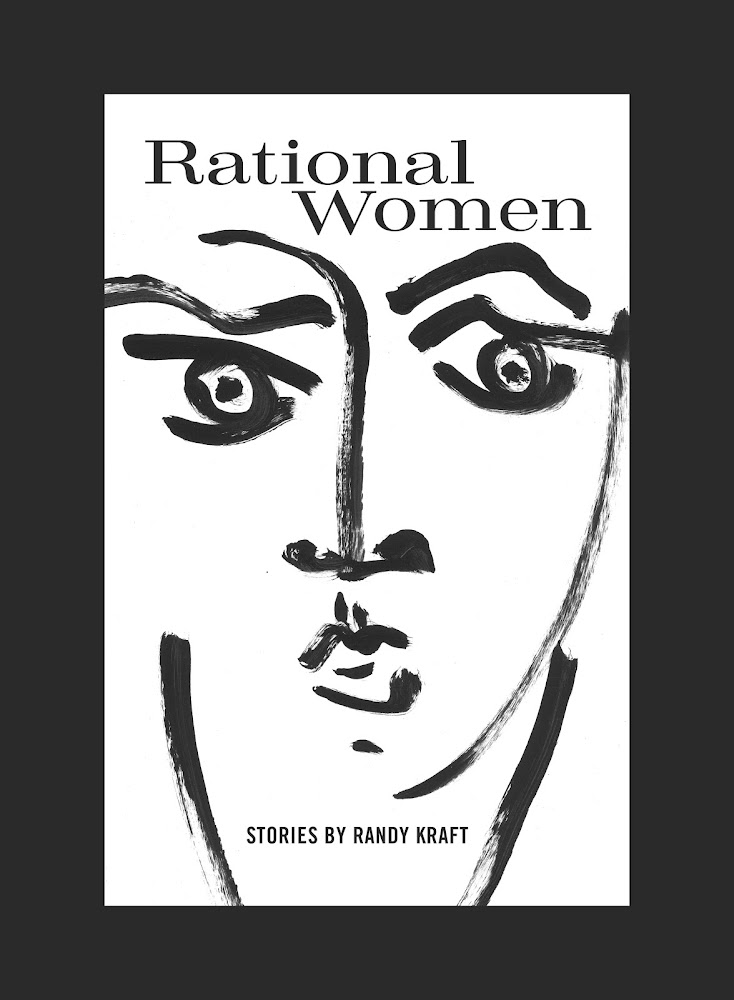 |
| Philip Roth |
I've been reading Philip's fiction for something like thirty years. A couple of years ago he announced his retirement, and this, after publishing small works of fiction almost annually the last decade. Like going cold turkey for an addict. Perhaps he had published too many in his later years, hit and miss, seemed to me. Every other one worthy of my affection, the others not. Sort of like that great desert you've had at a cafe some time ago and when you go back, it's just not the same. Many things are not the same on the second round. Then again, might be just perfect the next time, as Roth has been. Even when I don't like the subject matter or character, or tire of his obsession with aging men who do not age gracefully, I love his words. His sentences. His pacing. And I'm still rather angry he has yet to win the Nobel, which he deserves, and which, by virtue of his disappearance, might prove permanently elusive.
I met him, sort of, a few years ago, at an upper westside restaurant in Manhattan, one of those charmingly narrow, dimly lit Italian bistros where Chianti is abundant. I was with two girlfriends, seated at the far back facing the front, when I saw him enter. I knew him immediately. Tall and narrow and otherwise easily missed until you see his penetrating eyes and still-handsome sculptured face. He walked toward me and for a moment, our eyes met and I imagine he saw the recognition in mine. I suspect he wanted me to acknowledge him, despite his reclusive reputation. He paused a moment, then turned and hung his trench coat on a coat rack in the corner and took his seat at a table along the side wall, facing out. One of my friends asked me who he was and when I told her, she said, "The way you looked at him, you would have thought he was Paul McCartney!" Well, in a writer's world, he is. On the way out, I passed his table, where he was, I kid you not, like out of a press release, reading the New Yorker, with a carafe of red wine and a half-eaten dish of what seemed veal, predictably carnivorous, and he looked up at me with a guileless expression on his face, as if to suggest that if I sat down with him I might have been welcome. Of course I did not, and I still wish I had.
It was not the first time I almost met him. I was fortunate to be invited to the National Book Awards Foundation dinner some years back the night Philip received the lifetime achievement award. His speech was riveting and inspiring and he looked especially distinguished in a tuxedo. My friend and I were among the first to leave, and I found myself waiting for our car steps away from Philip, and again, he looked at me, again with no smile, albeit warmly, and again, I did not seize the moment to speak to him because I do not gush, even over a favorite writer. What would I say? Your dark spirit moves me? Your stories make me laugh and cry and think about everything a little differently? School girl stuff. #missedopportunities
Roth surfaced briefly in emails to the New Yorker in January in response to a resurgence of interest in his prescient novel, The Plot Against America, in which a celebrity fascist [Lindburgh] ends up President. He said, "It isn't Trump as a character, a human type - the real-estate type, the callow and callous killer capitalist - that outstrips the imagination, it is Trump as President of the United States."
Oh yeah.
I came across another blog-homage to Philip posted in 2015 on the Library of America site by essayist and historian Amitiva Kumar, in which he focuses on Roth's fictional uncertainties, which must, of course, reflect his own, and make him all the more endearing. He said, "I like Roth for his monumental dumbness. His lack of understanding of the mystery that is his life - this also explains why he sometimes seems to be writing the same book again and again - is interesting because it is paired with a particularly male, even arrogant, set of certainties. The struggle for understanding is examined with great frankness."
I couldn't agree more, nor could I argue better, why Philip has been essential reading for so long, and continues to be in these painfully uncertain times filled with self-important people with misguided certainties. Another reason why I miss his voice. Come back to us, Philip. We need you.
If you haven't read Philip Roth, or even if you have, I highly recommend the trilogy that begins with American Pastoral [and make sure to skip the film, terrible translation] and/or The Plot Against America. Just no one like him.




